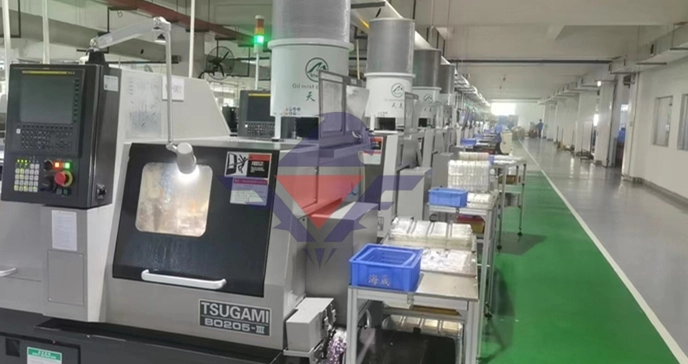
,字数在1000字左右。
# Endotoxin Detection Kit for Accurate Bacterial Toxin Measurement
## Introduction to Endotoxin Assay Kits
Endotoxin assay kits are essential tools in the field of microbiology and pharmaceutical testing. These kits are designed to detect and quantify bacterial endotoxins, which are lipopolysaccharides (LPS) found in the outer membrane of Gram-negative bacteria. Accurate measurement of endotoxins is crucial for ensuring the safety of pharmaceutical products, medical devices, and other applications where bacterial contamination must be minimized.
## Why Endotoxin Detection is Important
Endotoxins can cause severe immune responses in humans, including fever, septic shock, and even death in extreme cases. Therefore, regulatory agencies such as the FDA and EMA require rigorous testing for endotoxins in injectable drugs, medical devices, and other products that come into contact with the bloodstream. Using a reliable endotoxin detection kit ensures compliance with these regulations and protects patient safety.
## Types of Endotoxin Assay Kits
There are several types of endotoxin assay kits available, each with its own advantages and applications:
### 1. Limulus Amebocyte Lysate (LAL) Test Kits
The LAL test is the gold standard for endotoxin detection. It utilizes a clotting enzyme derived from the blood of horseshoe crabs to detect LPS. LAL-based kits are highly sensitive and widely used in pharmaceutical and medical industries.
### 2. Recombinant Factor C (rFC) Assay Kits
rFC kits are an animal-free alternative to LAL tests. They use a synthetic version of the clotting factor found in horseshoe crabs, offering similar sensitivity without the need for animal-derived materials.
### 3. Chromogenic Endotoxin Assay Kits
These kits use a colorimetric reaction to measure endotoxin levels. They are often used in research settings where quantitative results are required.
### 4. Turbidimetric Endotoxin Assay Kits
Turbidimetric kits measure the cloudiness caused by the clotting reaction in the presence of endotoxins. They are suitable for high-throughput screening.
## How to Choose the Right Endotoxin Detection Kit
Selecting the appropriate endotoxin assay kit depends on several factors:
– Sensitivity requirements
Keyword: Endotoxin Assay Kits
– Sample type and matrix
– Regulatory compliance needs
– Budget constraints
– Throughput requirements
Consulting with a specialist or kit manufacturer can help determine the best option for your specific application.
## Applications of Endotoxin Assay Kits
Endotoxin detection kits are used in various industries and research fields:
### Pharmaceutical Industry
Ensuring the safety of injectable drugs, vaccines, and other parenteral products is the primary application of endotoxin testing in pharma.
### Medical Device Manufacturing
Implantable devices and other medical equipment must be tested for endotoxin contamination before clinical use.
### Water Quality Testing
Monitoring endotoxin levels in water systems, especially in healthcare facilities, helps prevent infections.
### Biotechnology Research
Studying the effects of endotoxins on cell cultures and biological systems requires accurate detection methods.
## Best Practices for Endotoxin Testing
To achieve reliable results with your endotoxin detection kit, follow these guidelines:
– Maintain proper sample handling and storage conditions
– Use endotoxin-free consumables and reagents
– Follow the manufacturer’s protocol precisely
– Include appropriate controls in each assay
– Validate the method for your specific application
– Regularly calibrate and maintain equipment
## Future Trends in Endotoxin Detection
The field of endotoxin testing continues to evolve with new technologies:
– Development of more sensitive and specific detection methods
– Increased use of recombinant technologies to replace animal-derived reagents
– Automation of testing procedures for higher throughput
– Integration with other quality control testing platforms
## Conclusion
Endotoxin detection kits play a vital role in ensuring product safety across multiple industries. By choosing the right endotoxin assay kit and following proper testing protocols, laboratories can achieve accurate and reliable results that meet regulatory requirements and protect public health
